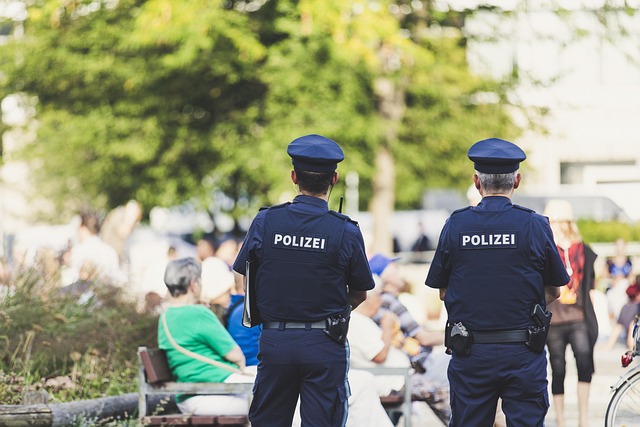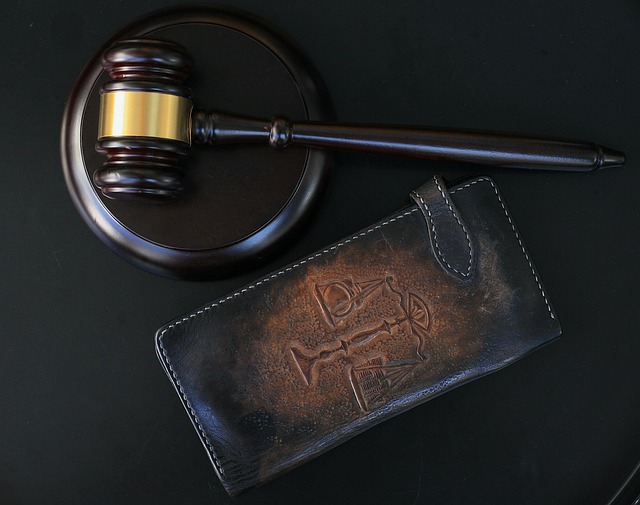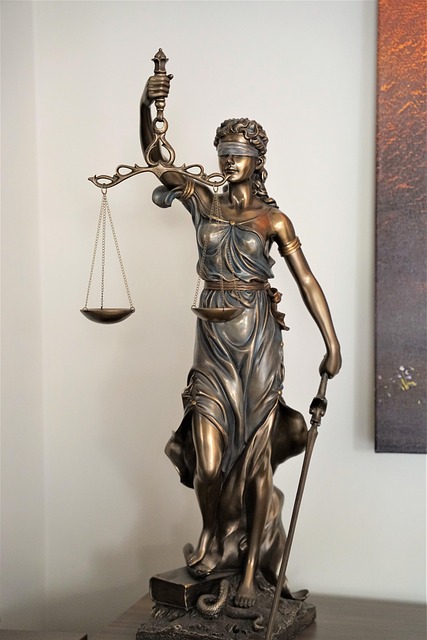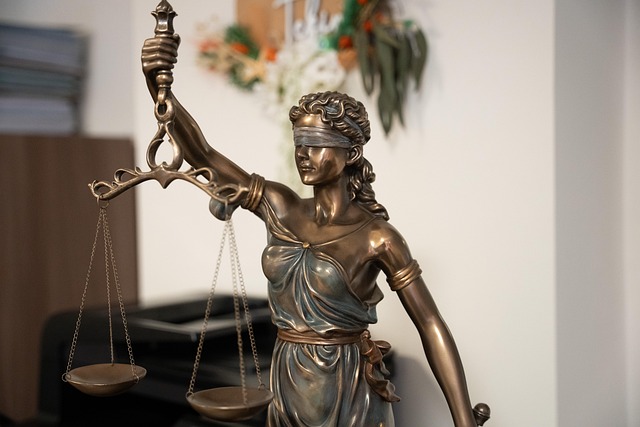Post-conviction relief and habeas corpus provide critical mechanisms to protect individuals' rights by allowing them to challenge convictions and sentences based on legal errors or new evidence. These processes ensure fair judgments, particularly in complex cases like white-collar defense. Comprehensive legal representation is crucial during collateral reviews to identify discrepancies and safeguard defendants' rights throughout these proceedings, leading to favorable outcomes.
Exploring litigation types is crucial for anyone familiar with post-conviction relief options. This article delves into the intricate world of legal processes, focusing on understanding post-conviction relief, common types of litigation beyond conviction, and safeguarding rights during collateral review. By examining these key aspects, individuals can navigate the complexities of their legal journey effectively, ensuring their rights are protected throughout.
- Understanding Post-Conviction Relief Options
- Common Types of Litigation After Conviction
- Protecting Rights During Collateral Review Processes
Understanding Post-Conviction Relief Options

Post-conviction relief offers a crucial avenue for individuals who believe they have been wrongfully convicted or sentenced. These processes allow for a second look at cases, providing an opportunity to explore potential errors in the initial trial and ensuring fairness. Understanding one’s rights during these proceedings is essential, especially for those involved in high-stakes cases, such as white-collar defense, where the consequences can be severe.
The right to appeal is a fundamental aspect of post-conviction relief, enabling defendants to challenge their conviction or sentence based on legal errors. This process involves careful review by judges and, in some instances, the possibility of a new trial or reduced sentence. For complex cases, particularly those involving intricate legal arguments or substantial evidence, jury trials may be employed to reach a verdict on the challenges raised during these proceedings.
Common Types of Litigation After Conviction

After a conviction, individuals often face various legal proceedings that impact their rights and future opportunities. Common types of litigation during this phase include post-conviction relief, habeas corpus, and appeals. These processes allow individuals to challenge their convictions, seek error corrections, or explore new evidence that might exonerate them.
Post-conviction proceedings are crucial for protecting one’s rights as they provide a chance to review and potentially reverse the original verdict. With an unprecedented track record of achieving extraordinary results, these legal avenues ensure that justice is not only served but also accurately administered. By examining the facts, reviewing evidence, and considering new insights, the respective business of the legal system can deliver fair judgments, offering a measure of relief or a fresh perspective on cases that may have been initially misunderstood or mishandled.
Protecting Rights During Collateral Review Processes

During collateral review processes, ensuring the protection of rights remains a paramount concern, especially for individuals convicted of serious crimes. These reviews are crucial in upholding justice and correcting potential errors that may have occurred during initial trials. In the context of white-collar defense, where complex financial schemes and intricate legal strategies come into play, understanding one’s rights is even more vital. Across the country, successful challenging defense verdicts have highlighted the importance of comprehensive legal representation during these critical stages.
The process involves meticulous scrutiny of evidence, witness testimonies, and legal procedures to identify any discrepancies or violations that could impact the fairness of a conviction. It empowers individuals to seek redress and clear their names if found innocent or mitigate sentences through new evidence or changes in law. By availing themselves of this mechanism, defendants can protect their rights, ensure procedural fairness, and potentially achieve favorable outcomes, including winning challenging defense verdicts.
In navigating the complex landscape of post-conviction proceedings, understanding various litigation types is pivotal. By familiarizing themselves with options like collateral review and exploring common types of litigation after conviction, individuals can effectively protect their rights. This ensures a fair process, allowing for potential relief and the possibility of a fresh start. When engaging in these proceedings, it’s essential to prioritize thorough legal representation to safeguard one’s interests throughout the entire process.






